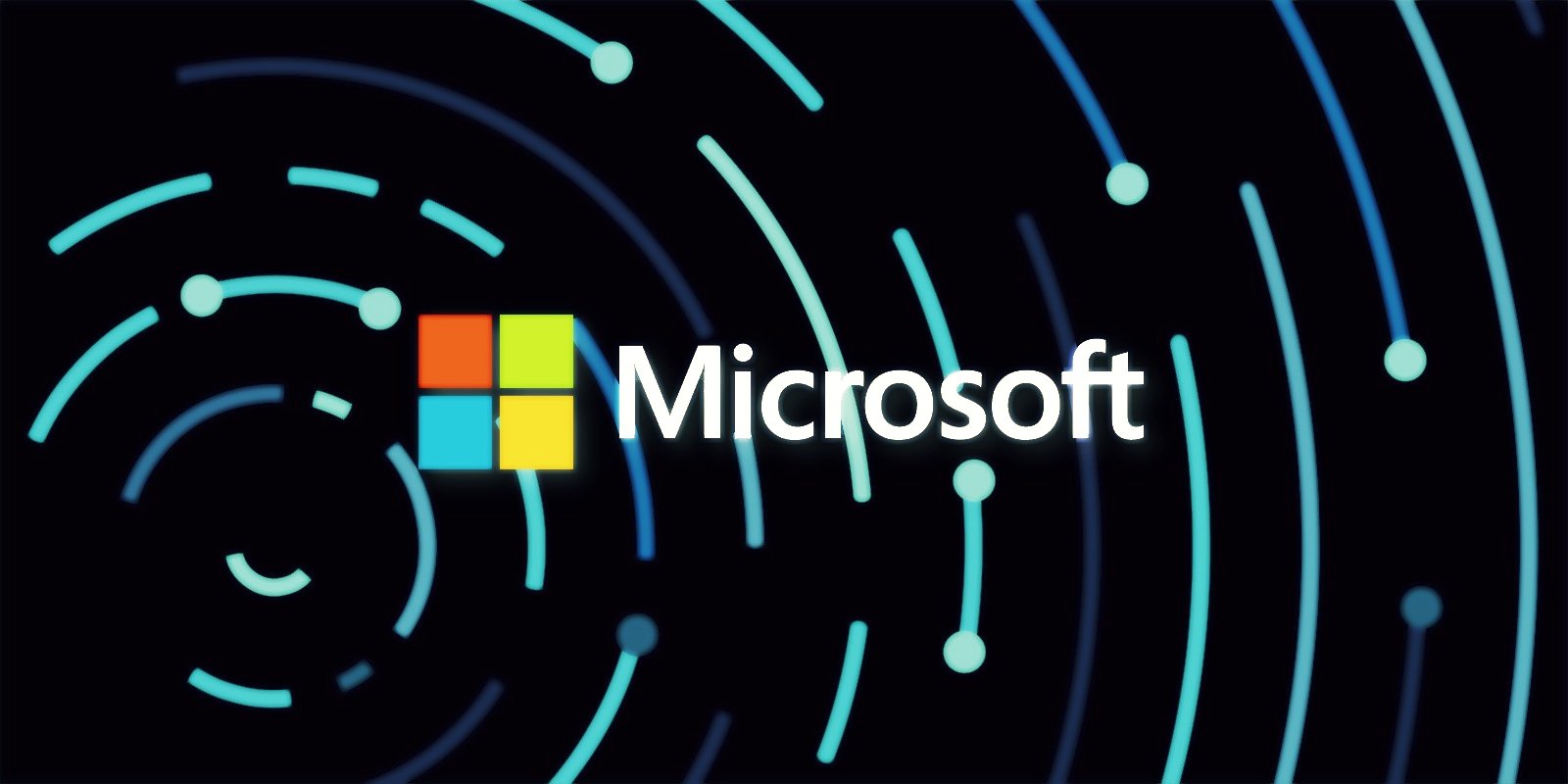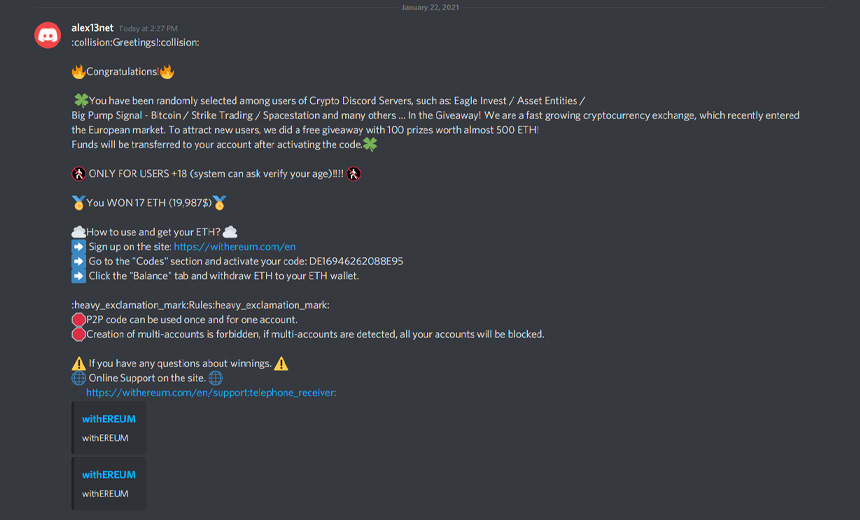Video game company CD Projekt says a cyberattack exposed some of its data, and the intruders left a ransom note claiming they accessed the source code for “Cyberpunk 2077” and other games.
Compiled with a set of JavaScript functions, the novel toolkit dubbed LogoKit enables cybercriminals to change logos and text on a phishing page in real-time.
Research by Tessian has revealed that every photo we post and tag people, leads to the leak of valuable information that can be abused by hackers to design targeted attacks.
Microsoft has warned of an increasing number of consent phishing (aka OAuth phishing) attacks targeting remote workers during recent months, BleepingComputer has learned.
The patients and employees from 11 hospitals in the US have had their personal information exposed after hackers reportedly published tens of thousands of records online.
The officials of Germany have recently seized a digital wallet that was assumed to carry $60 million in bitcoins; all these bitcoins were acquired through fraudulent online activity.
Domestic Kitten has been conducting widespread surveillance for the past four years, launching at least 10 separate campaigns and maintaining a target list of 1,200 individuals, at a minimum.
There’s been a huge increase in cyber criminals attempting to perform attacks by exploiting remote login credentials over the last year, as many employees continue to work from home.
Fraudsters are targeting Discord users with a scam centered on a fake cryptocurrency exchange and using the lure of free bitcoin or ethereum cryptocurrency to steal money and personal data.
CyberArk researchers have released BlobHunter, an open-source tool organizations can use to discover Azure blobs containing sensitive files they have inadvertently made public.









